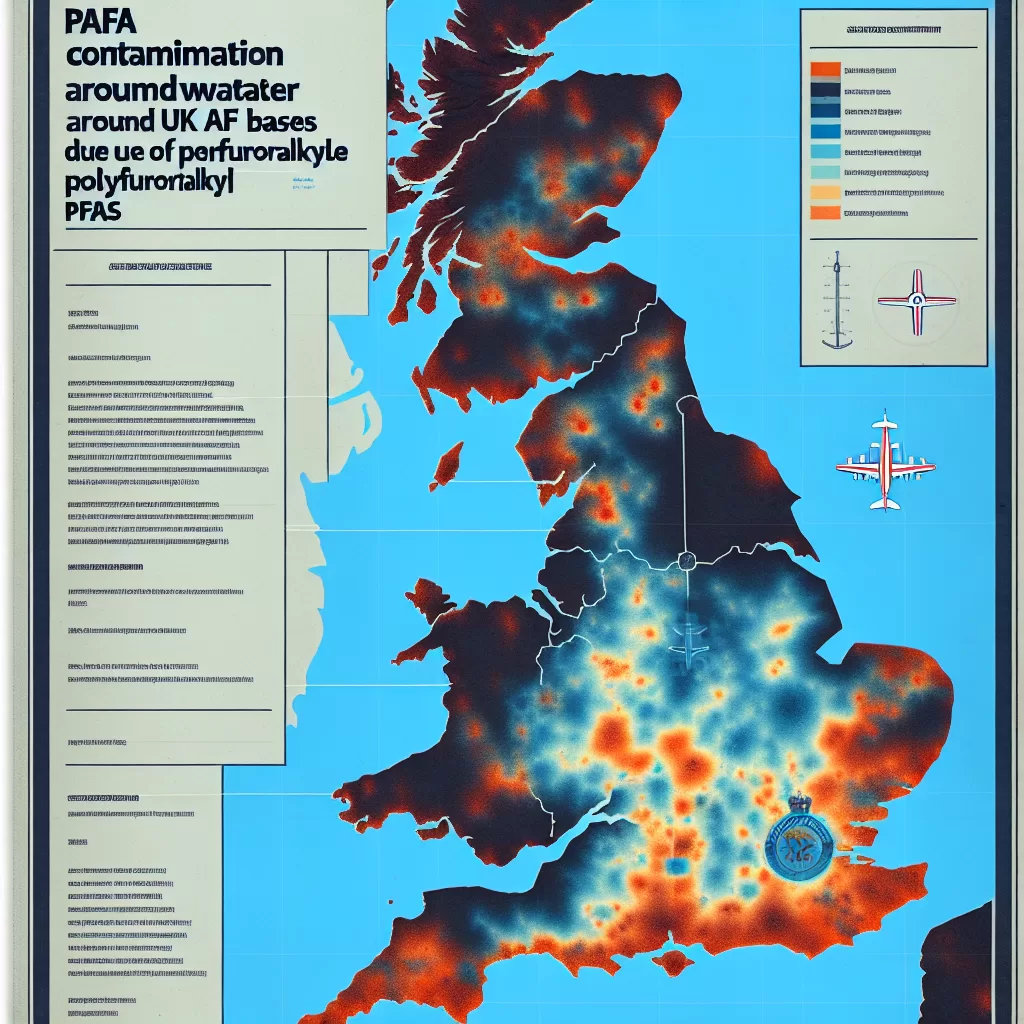The data uncovered through official sampling results paints a troubling picture. Several RAF bases exhibited “extremely concerning” levels of PFOS and PFOA in groundwater samples, exceeding regulatory safety thresholds by substantial margins. Notably, some of the highest concentrations were detected in drinking water sources in close proximity to these military facilities, raising urgent questions about potential exposure risks.
While the full extent of the contamination remains unclear, the revelations underscore the pressing need for comprehensive environmental assessments and targeted remediation efforts. Experts warn that PFAS pollution, once introduced into groundwater systems, can persist for decades, posing long-term challenges for water quality and public health.
The MoD’s findings align with broader global trends, as PFAS contamination has emerged as a widespread environmental issue affecting communities worldwide. These chemicals, widely used in various industrial and consumer products for their water-repellent and heat-resistant properties, have found their way into soil, water sources, and even human bodies through various exposure pathways.
Environmental advocates and regulatory bodies are calling for heightened scrutiny and swift action to address the PFAS crisis. Potential measures include tightening regulations, implementing stricter monitoring protocols, and exploring advanced remediation technologies to mitigate the impact of these persistent pollutants on vulnerable ecosystems and populations.
As the UK grapples with the implications of this alarming discovery, the findings serve as a stark reminder of the urgent need for a comprehensive, science-driven approach to safeguarding public health and environmental integrity in the face of emerging chemical threats.

